Bank deposits rose by LE1.51 trillion to LE11.67 trillion in April 2024, against LE10.16 trillion in December 2023, according to data from the Central Bank of Egypt (CBE).
Government and non-government deposits increased to LE2.66 trillion and LE9.01 trillion in April, up from LE2.27 trillion and LE7.88 trillion in December 2023, respectively.
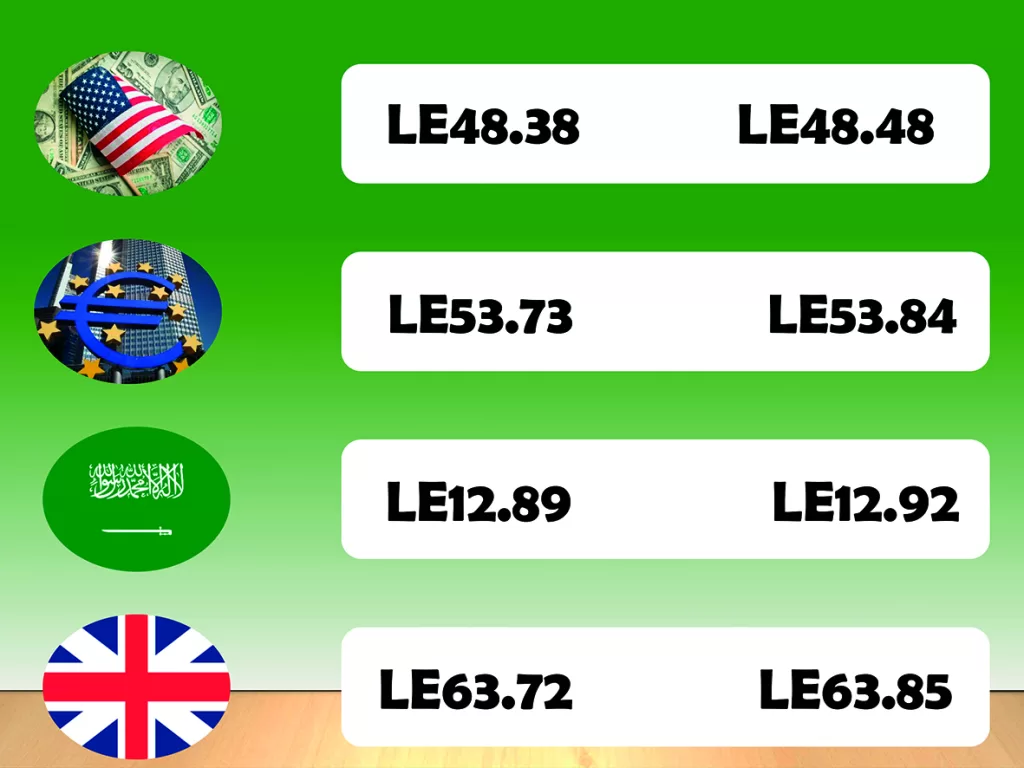
Government deposits comprised LE2.13 trillion in the Egyptian pound and LE535.9 billion in foreign currencies, according to CBE data.
Non-government deposits consisted of LE.6.53 trillion in the local currency and LE2.47 trillion in foreign currencies, according to CBE data.
Meanwhile, bank credit rose to LE6.83 trillion in April 2024, up from LE5.28 trillion in December 2023, according to CBE data.
Governmental loans increased to LE3.43 trillion in April, compared to LE2.35 trillion in December 2023. Non-governmental loans rose to LE3.39 trillion in April, up from LE2.92 trillion in December, according to CBE data.
8-month RTGS payments hit LE155.8 trillion
Egypt’s eighth-month interbank payments in the local currency via real time gross settlement (RTGS) system topped LE179.2 trillion between January and August 2024 through 1.622 million transactions, according to CBE data. RTGS payments stood at LE23.3 trillion in August through 206,200 transactions. In June and July, RTGS payments hit LE16.89 trillion and LE25.28 trillion through 175,500 and 222,800 transactions, respectively, according to CBE data.
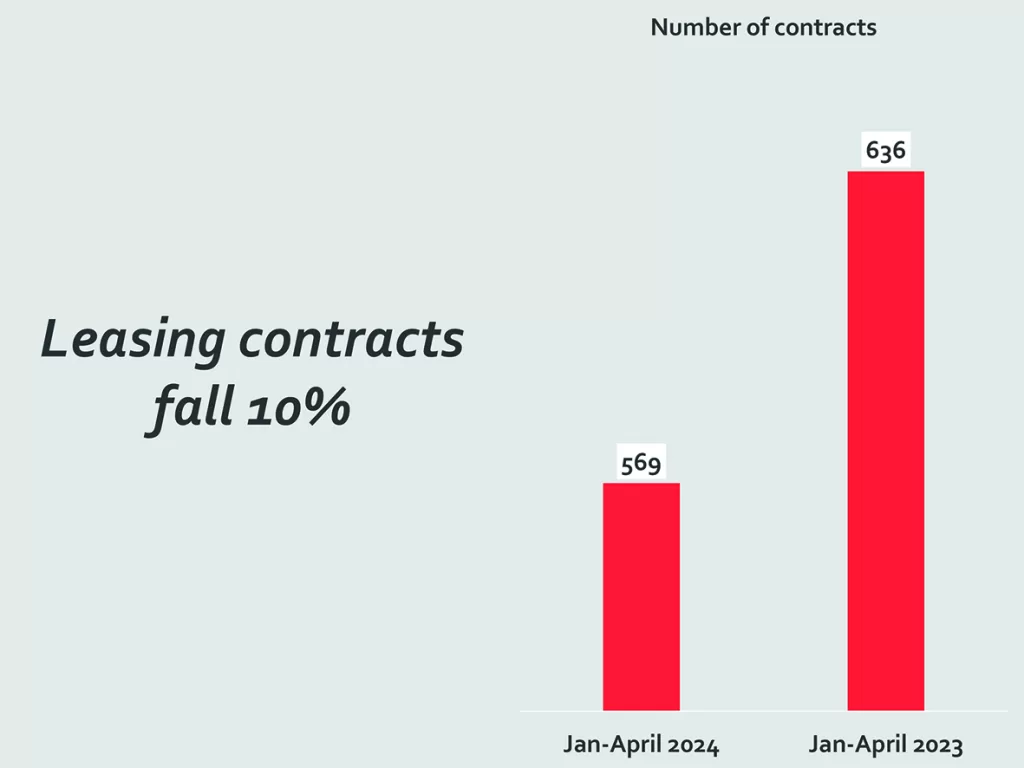
RTGS payments totaled LE21.66 trillion and LE21.55 trillion in April and May through 192,200 and 206,209 transactions, respectively, according to CBE data.
The system processes transactions individually and settles them immediately, ensuring real-time and irrevocable payments. RTGS systems are crucial for large-value and time-sensitive transactions, such as interbank transfers, securities trading, and high-value corporate payments.
Global gold ETFs lure $3.7b in July
Global gold exchange-traded funds (ETFs) experienced their strongest month since April 2022, attracting $3.7 billion in July, the World Gold Council (WGC) said in a report.
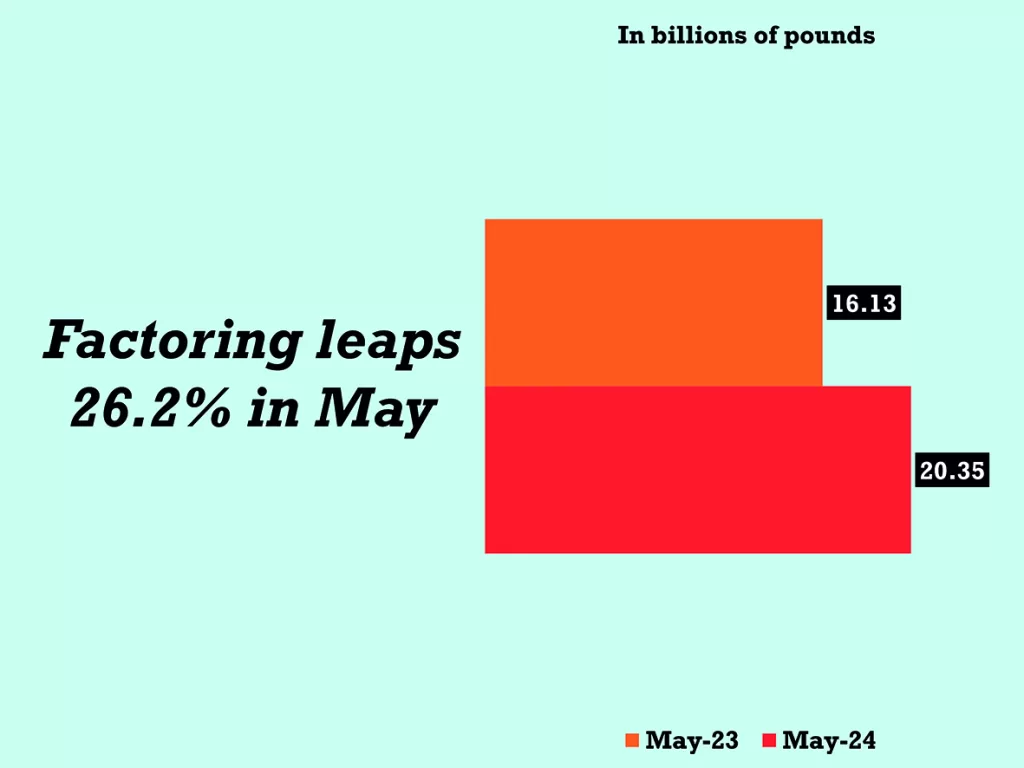
Recent inflows and the rising gold price pushed global gold ETFs’ total assets under management (AUM) to $246 billion, a month-end peak. Collective holdings rebounded to 3,154 tonnes, the highest since January, according to the WGC report.
The report showed that trading volumes rose across the board in July with exchange-traded derivatives leading the rebound, while growing prospects of rate cuts from major central banks pushed up COMEX gold future net longs to a multi-year month-end high.
“Successive inflows over recent months have narrowed the year-to-date loss in global gold ETFs to $3 billion. And while collective holdings have fallen by 72t (-2 per cent) so far in 2024, their total AUM rose by 15 per cent, supported by a 17 per cent increase in the gold price. European and North American funds remain on the red for the year despite the change in trend while Asia has recorded sizable inflows,” said the WGC report, a copy of which was made available to the Egyptian Mail.

Despite July’s slowdown, Asia has registered inflows of $3.6 billion year-to-date, significantly outpacing all other markets, driven mainly by China and Japan. The report showed that the total AUM of Asian funds reached $15 billion, the highest ever, while collective holdings increased by 47 tonnes.
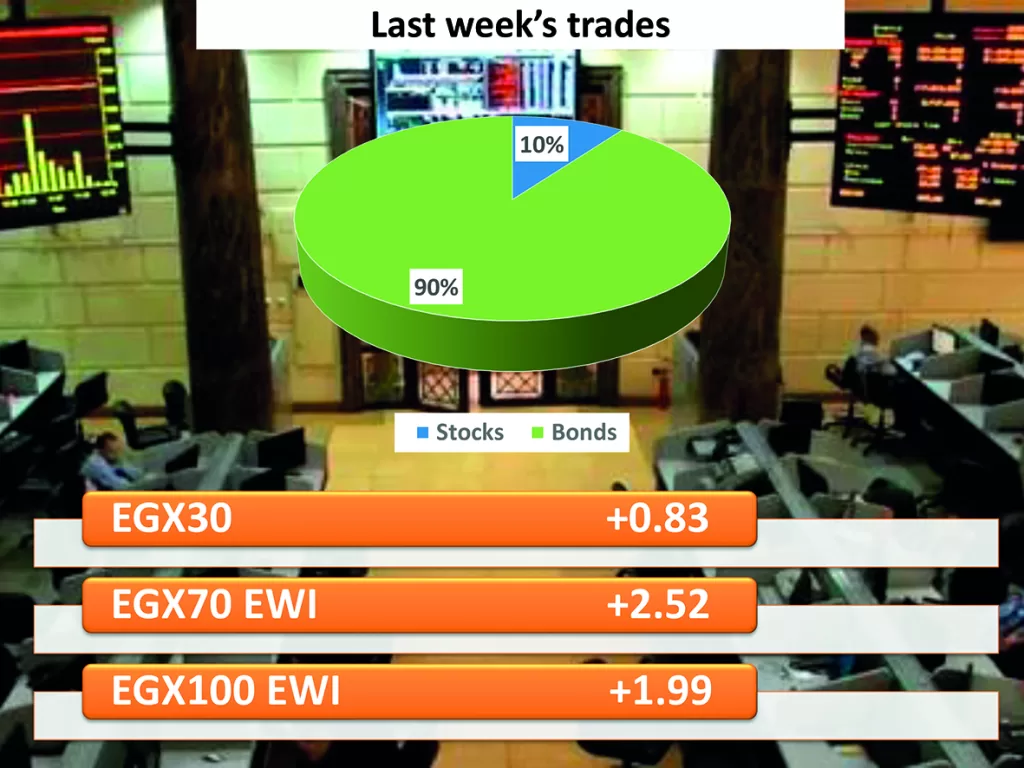

“North American funds saw inflows of $2 billion, more than reversing minor outflows from May and June. July was unprecedented in the political front with the assassination attempt on Trump followed by Biden stepping down from the presidential race,” it added.



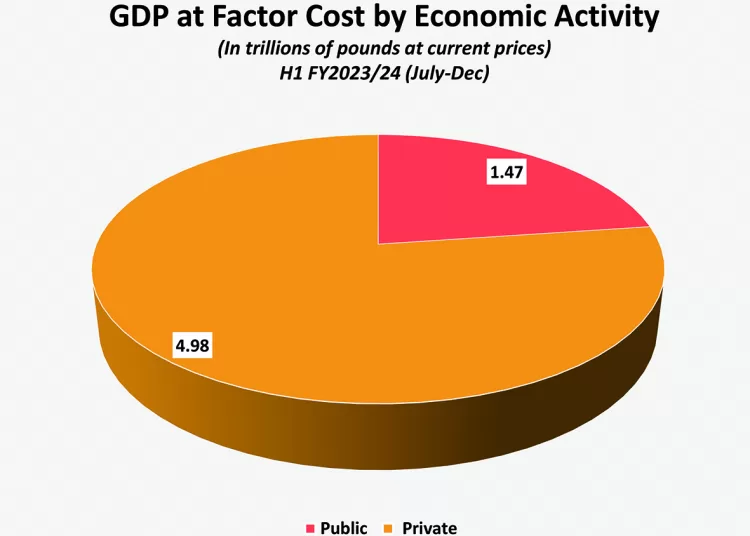


Discussion about this post